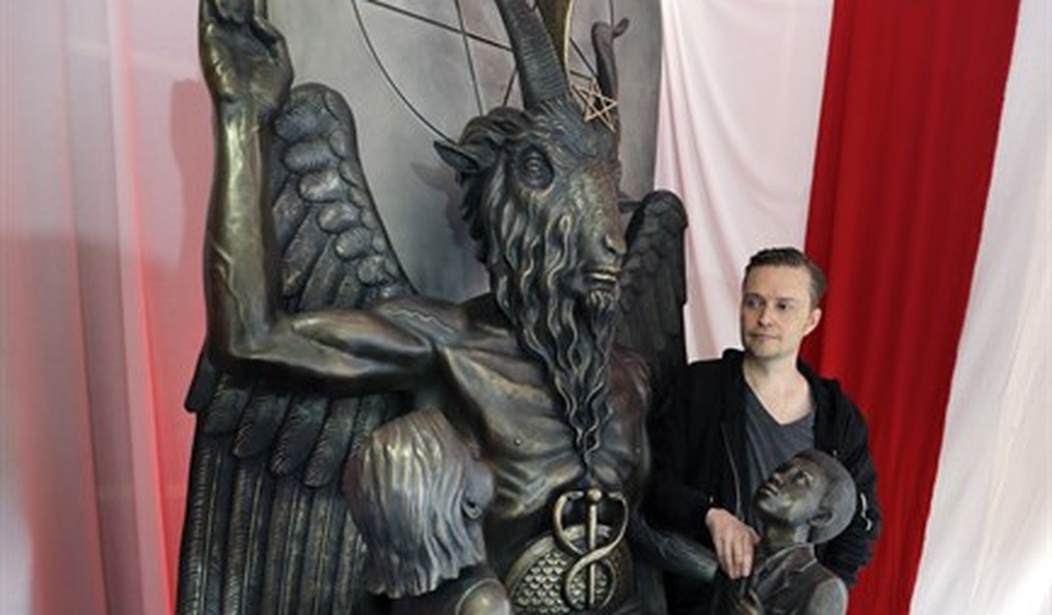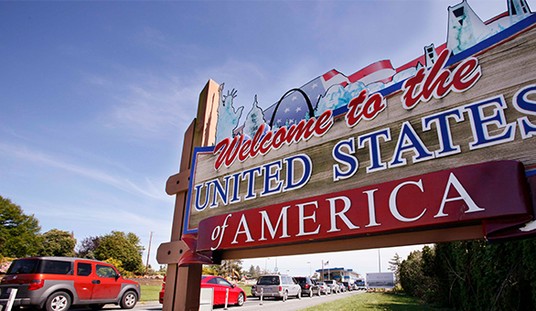When I was a hospital chaplain intern, I would occasionally encounter people who had filled out living wills and did not want "heroic" efforts employed to save their lives. In one case, there was an elderly gentleman who had been resuscitated multiple times and had a maze of tubes running in and out of his body. He was quite clear that at his age, he had been through enough and that the extraordinary measures were only prolonging the inevitable. I remember how angry he was at everyone for bringing him back for the umpteenth time. He wasn't going to get any better, and he was miserable. He was ready to move on.
Another time, a woman whose father had lain comatose for weeks was informed that he had passed. After months of treatment, he was finally out of his misery. His daughter heaved a sigh of relief and said, "Thank God." It wasn't that she did not love her father. She did, but she also knew that his time had come and that he had gone on to be with his Maker.
Yet another time, I watched as a family gathered around their dying patriarch. They held his hand and stroked his head, reminded him of stories from his past, and sang "Danny Boy" to him as he passed away. It was a beautiful moment and, dare I say it, a beautiful passing.
End-of-life issues inevitably come with controversies and caveats. And they should. The specter of the slippery slope is always present, particularly when governments decide that the only god they will follow is themselves and become the arbiters of who should live and who should die. And this is especially true when governments push assisted suicide to decrease the population or whatever their hidden or not-so-hidden purposes may be. Such a purpose may be simply to assert its authority. This would seem to be the case for Indi Gregory. The British government denied Indi's parents the right to take her to Italy to try treatments that might have been beneficial to her in fighting mitochondrial disease. Instead, the NHS ruled that Indi's case was hopeless and decided that she should die. Rules are rules, after all, and the NHS was not about to make an exception that might undermine its authority. In the end, Indi's fate lay not with her parents but with the state.
Then there is Canada, whose leadership, under the aegis of Justin Trudeau, seems to want to sell the national soul to Satan for as cheap as possible. The stories of Canada's rush to push assisted suicide with the same vigor as it would push seatbelt laws are legion at this point. Canada, it seems, looks for any reason to expand its assisted suicide program, even to people with conditions that could be managed. Or, in some cases, to people who have been failed by its healthcare system. Under such regimes, the individual is practically extinct, and only the state remains.
This may explain why the euthanasia advocacy group Dying with Dignity Canada (DWDC) is now advocating for Canada's assisted suicide program to be expanded to children as young as 12. The Publica reports that the group has been mounting an effort to lobby the Canadian government to “amend the existing age requirement of 18 years of age to extend to persons at least 12 years of age and capable of making decisions with respect to their health.” This comes on the heels of the 2021 development in which Bill C-7 was given Royal Assent. This expanded the scope of physician-assisted suicide to people whose death was not “reasonably foreseeable.” This includes people who struggle with mental illness. Under the DWDC proposal, 12-year-olds are referred to as "mature minors." Calling children "mature minors" not only increases the chances of those children choosing to permanently alter their bodies in the pursuit of the gender unicorn. Now, the hope is that children who are nowhere near physical, mental, or emotional maturity may choose to end their lives.
DWDC posted the following to its blog:
DWDC acknowledges that Canadian society will likely expect a minimum age for mature minors in the legislation, even though the emphasis at common law is on capacity and maturity and not chronological age.
For this reason, DWDC asks that Parliament amend the existing age requirement of 18 years of age to extend it to persons at least 12 years of age and capable of making decisions with respect to their health. As with adults, there should be a presumption of capacity for these minors.
Some have pointed out that such a move would blur the lines of the age of consent. I doubt that this is an unintended consequence.
Canada is lost.
— Billy Bragg (@Serena_Partrick) January 21, 2024
And if you legislate for this, how on Earth do you hold onto any of your age of consent laws?
Once a child can choose to die, surely there is no argument to be made against them choosing anything else?
What kind of country does this to its children? https://t.co/3GcqdCu08q
If kids can be considered mature enough to choose death/irreversible medical treatment, I’m guessing next step will be to reduce/remove age of consent 🤢
— C_Runchie (@RunchieC) January 21, 2024
After all, if a 12-year-old can consent to assisted suicide, then he or she can consent to pretty much anything else. The Canadian Left knows this. And so does Justin Trudeau.
There are light years between the stories I told at the beginning of this column, and for that matter, the story of my mother, who said shortly before her death that she was ready to move on rather than struggle for every breath under the ravages of COPD. There are light years between allowing nature to take its course at a certain age as opposed to actively seeking needless deaths. Those needless deaths may include those of the disabled, the mentally ill, and, if the DWDC has its way, children trying to navigate the hormones and pitfalls of adolescence. Unless of course, they decide they are transgender. The elites in Canada know nothing of compassion and do not have the intellect or maturity to wrestle with the thorny questions that accompany end-of-life issues. The elites see their potential victims as "useless eaters" and drains on the nation's resources. Or, at best, lab rats for social experimentation. And, given enough latitude, they will continue to expand their list of assisted suicide candidates. Some people in Canada may be in for a very nasty surprise in the near future.










Join the conversation as a VIP Member